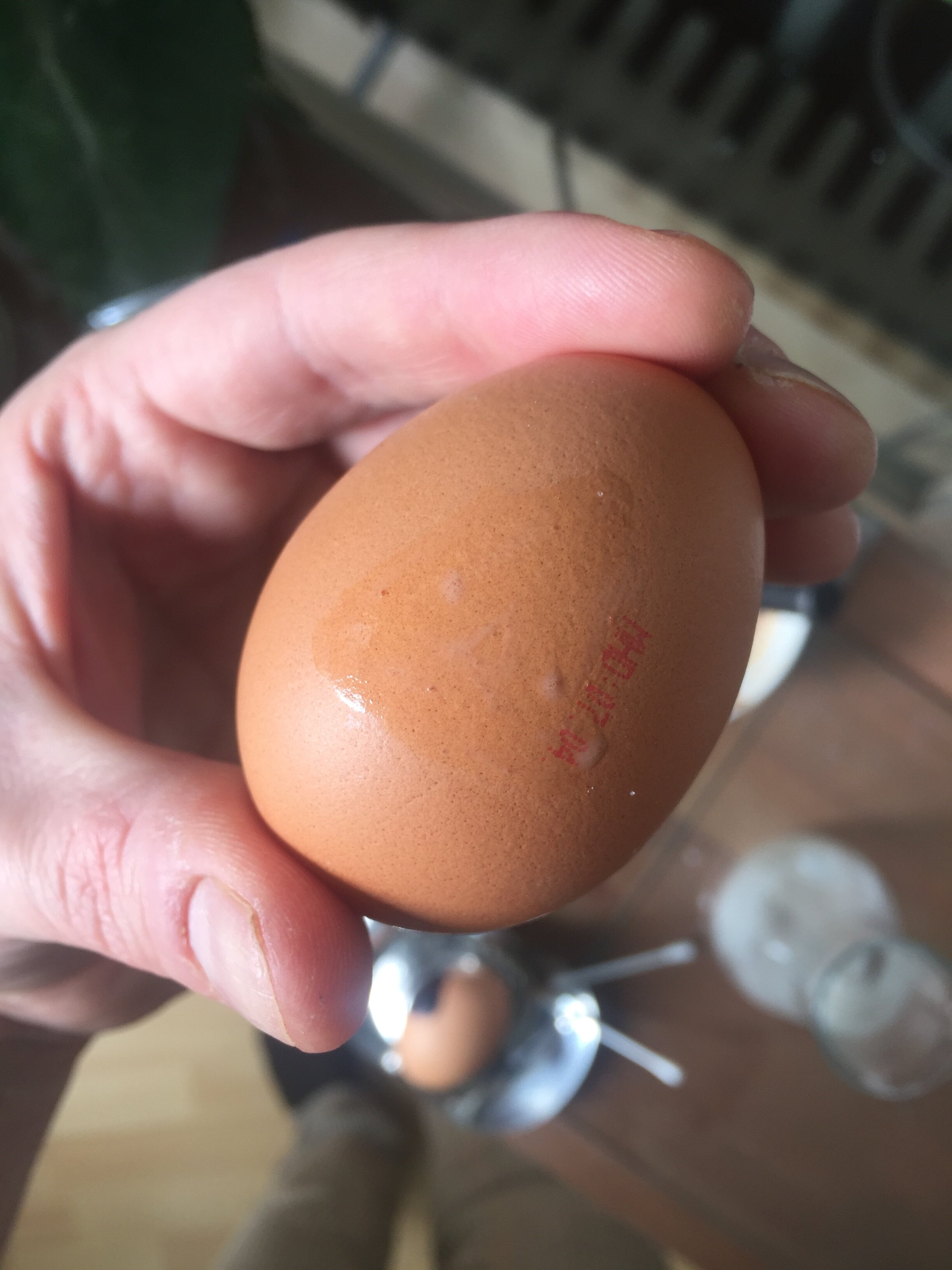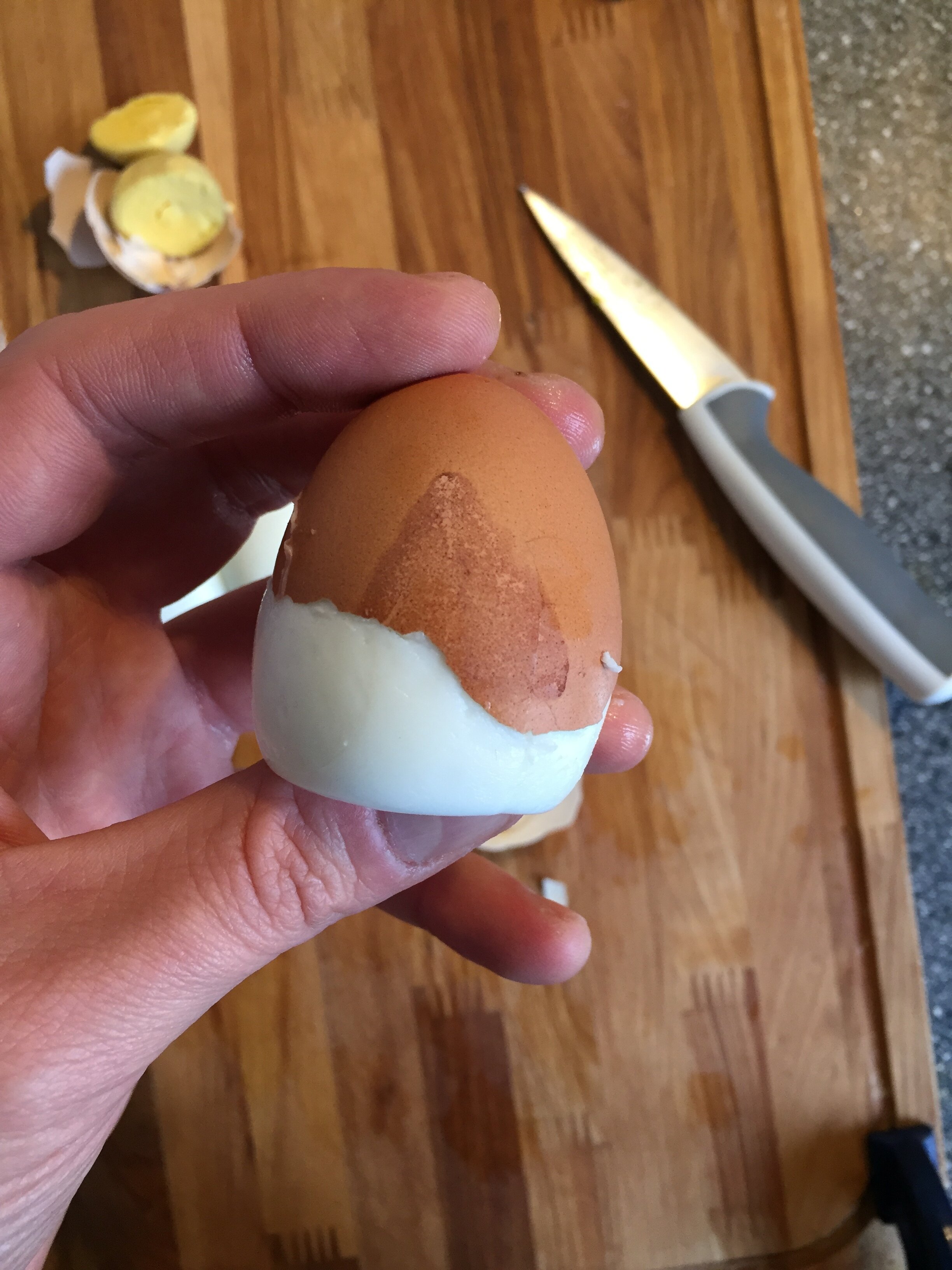Aristotle's Library
Here’s the story of what happened to Aristotle’s library after he died. From Strabo:
“From Skepsis came the Socratic philosophers Erastos, Koriskos and Neleus, Koriskos’ son , a man who was a student of both Aristotle and Theophrastos and who inherited the library of Theophrastos, which also included that of Aristotle; in fact, Aristotle had left his library to Theophrastos, to whom he also left his school, being the first person I’m aware of who collected books and who taught the Egyptian kings to arrange a library.
“Theophrastos left it to Neleus and having brought it to Skepsis, he left it to his descendants, common people who kept the books locked up without having stored them carefully. When, however, they became aware of how eagerly the Attalid kings to whom the city belonged were seeking books to add to the collection of the library in Pergamom, they concealed them underground in a kind of ditch. At some point after a long time, when they had become ruined by moisture and bookworms, his descendants sold the books of Aristotle and Theophrastos to Apellikon of Teos for a large amount of silver. Apellikon, however, was a lover of books more than a lover of wisdom, and that’s why when he sought to restore what had been eaten, he made new copies of the writing without filling things in very well and he published the books full of errors.
“The result of all this way that the ancient Peripatetics, those after Theophrastos, who basically didn’t have any books except for a few mainly exoteric ones, could not philosophize about anything in a practical way, but could only speak theses into perfume bottles (as it were); those who, on the other hand, came after the books re-appeared, they could philosophize and aristotelize better than the others, but were nevertheless compelled to say most things were likelihoods because of the great number of errors [in the texts].
“Rome contributed a lot to this too. For right after the death of Apellikon, Sulla carried off Apellikon’s library having seized Athens; and when it arrived in Rome, the grammarian Tyrannion—a fan of Aristotle—got hold of it by flattering the librarian; certain booksellers did, too, who used bad copyists and did not collate the texts, which happens in other cases, too, when books are copied for sale, both here and in Alexandria. But that’s enough about this.”
ἐκ δὲ τῆς Σκήψεως οἵ τε Σωκρατικοὶ γεγόνασιν Ἔραστος καὶ Κορίσκος καὶ ὁ τοῦ Κορίσκου υἱὸς Νηλεύς, ἀνὴρ καὶ Ἀριστοτέλους ἠκροαμένος καὶ Θεοφράστου, διαδεδεγμένος δὲ τὴν βιβλιοθήκην τοῦ Θεοφράστου, ἐν ᾗ ἦν καὶ ἡ τοῦ Ἀριστοτέλους· ὁ γοῦν Ἀριστοτέλης τὴν ἑαυτοῦ Θεοφράστῳ παρέδωκεν, ᾧπερ καὶ τὴν σχολὴν ἀπέλιπε, πρῶτος ὧν ἴσμεν συναγαγὼν βιβλία καὶ διδάξας τοὺς ἐν Αἰγύπτῳ βασιλέας βιβλιοθήκης σύνταξιν.
Θεόφραστος δὲ Νηλεῖ παρέδωκεν· ὁ δʼ εἰς Σκῆψιν κομίσας τοῖς μετʼ αὐτὸν παρέδωκεν, ἰδιώταις ἀνθρώποις, οἳ κατάκλειστα εἶχον τὰ βιβλία οὐδʼ ἐπιμελῶς κείμενα· ἐπειδὴ δὲ ᾔσθοντο τὴν σπουδὴν τῶν Ἀτταλικῶν βασιλέων ὑφʼ οἷς ἦν ἡ πόλις, ζητούντων βιβλία εἰς τὴν κατασκευὴν τῆς ἐν Περγάμῳ βιβλιοθήκης, κατὰ γῆς ἔκρυψαν ἐν διώρυγί τινι· ὑπὸ δὲ νοτίας καὶ σητῶν κακωθέντα ὀψέ ποτε ἀπέδοντο οἱ ἀπὸ τοῦ γένους Ἀπελλικῶντι τῷ Τηίῳ πολλῶν ἀργυρίων τά τε Ἀριστοτέλους καὶ τὰ τοῦ Θεοφράστου βιβλία· ἦν δὲ ὁ Ἀπελλικῶν φιλόβιβλος μᾶλλον ἢ φιλόσοφος· διὸ καὶ ζητῶν ἐπανόρθωσιν τῶν διαβρωμάτων εἰς ἀντίγραφα καινὰ μετήνεγκε τὴν γραφὴν ἀναπληρῶν οὐκ εὖ, καὶ ἐξέδωκεν ἁμαρτάδων πλήρη τὰ βιβλία.
συνέβη δὲ τοῖς ἐκ τῶν περιπάτων τοῖς μὲν πάλαι τοῖς μετὰ Θεόφραστον οὐκ ἔχουσιν ὅλως τὰ βιβλία πλὴν ὀλίγων, καὶ μάλιστα τῶν ἐξωτερικῶν, μηδὲν ἔχειν φιλοσοφεῖν πραγματικῶς, ἀλλὰ θέσεις ληκυθίζειν· τοῖς δʼ ὕστερον, ἀφʼ οὗ τὰ βιβλία ταῦτα προῆλθεν, ἄμεινον μὲν ἐκείνων φιλοσοφεῖν καὶ ἀριστοτελίζειν, ἀναγκάζεσθαι μέντοι τὰ πολλὰ εἰκότα λέγειν διὰ τὸ πλῆθος τῶν ἁμαρτιῶν.
πολὺ δὲ εἰς τοῦτο καὶ ἡ Ῥώμη προσελάβετο· εὐθὺς γὰρ μετὰ τὴν Ἀπελλικῶντος τελευτὴν Σύλλας ἦρε τὴν Ἀπελλικῶντος βιβλιοθήκην ὁ τὰς Ἀθήνας ἑλών, δεῦρο δὲ κομισθεῖσαν Τυραννίων τε ὁ γραμματικὸς διεχειρίσατο φιλαριστοτέλης ὤν, θεραπεύσας τὸν ἐπὶ τῆς βιβλιοθήκης, καὶ βιβλιοπῶλαί τινες γραφεῦσι φαύλοις χρώμενοι καὶ οὐκ ἀντιβάλλοντες, ὅπερ καὶ ἐπὶ τῶν ἄλλων συμβαίνει τῶν εἰς πρᾶσιν γραφομένων βιβλίων καὶ ἐνθάδε καὶ ἐν Ἀλεξανδρείᾳ. περὶ μὲν οὖν τούτων ἀπόχρη.
























